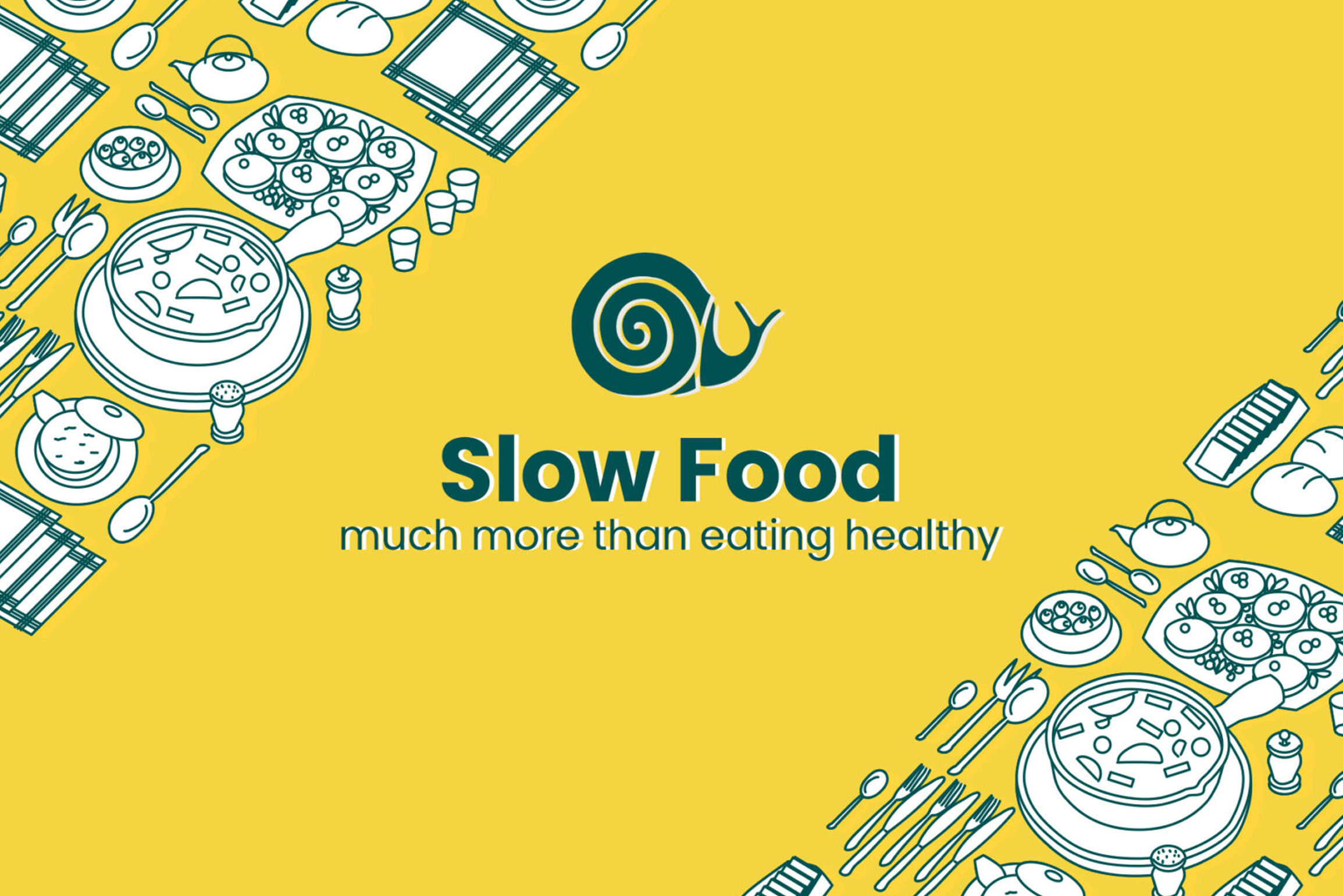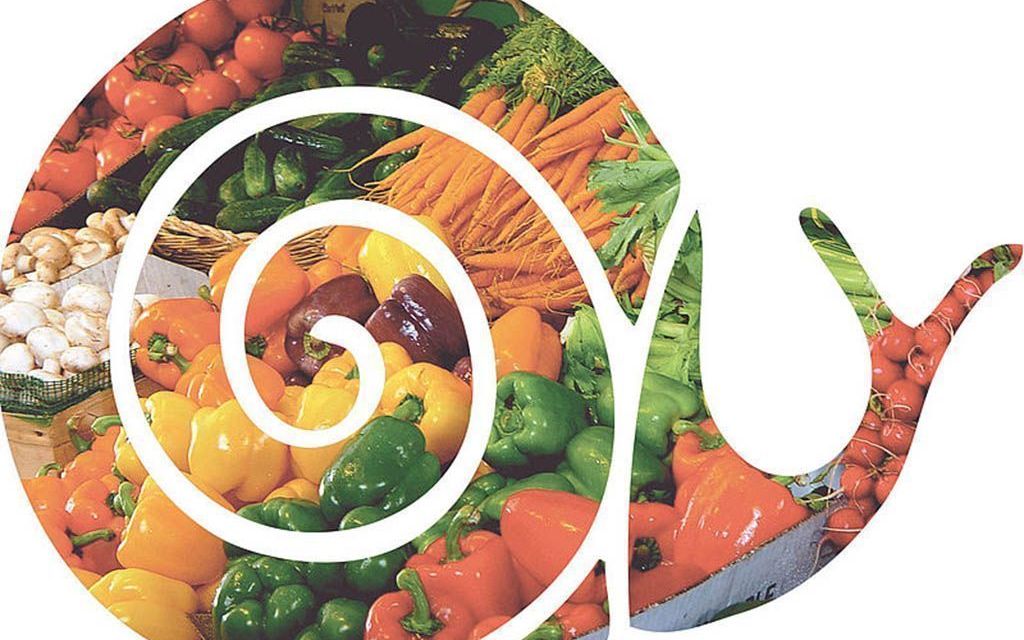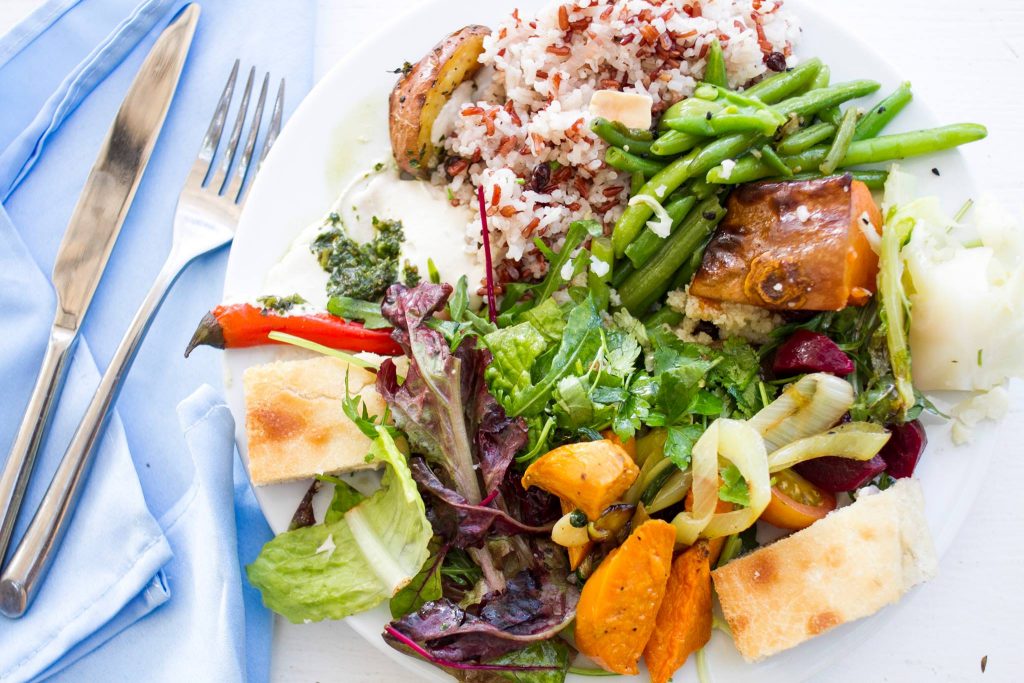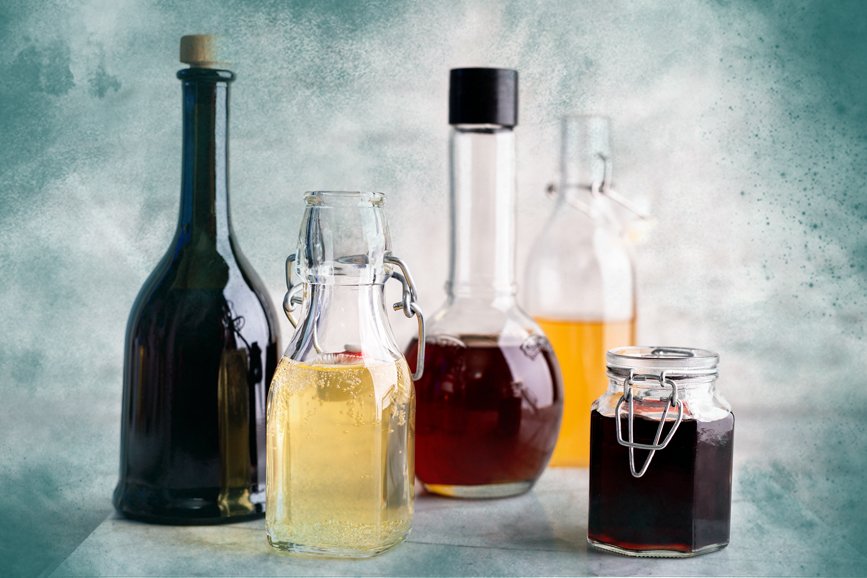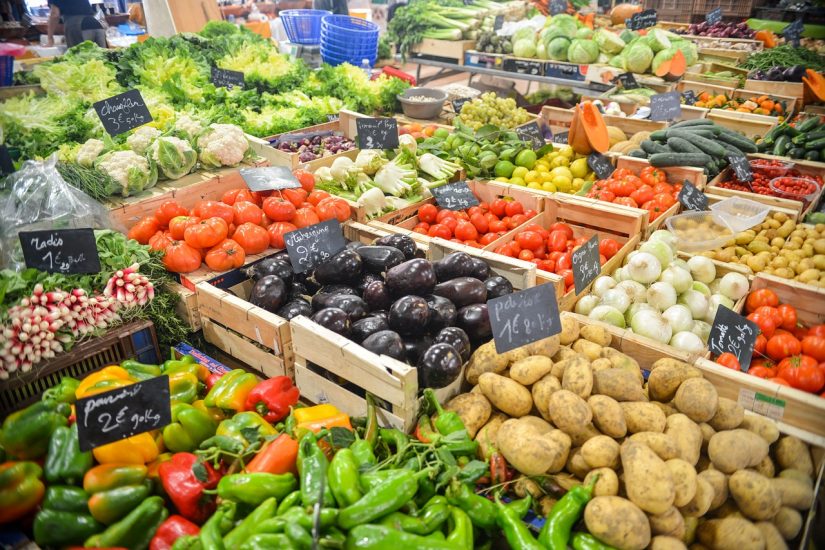Slow Food: food and lifestyle
If there is a hype right now in food sector that is the term ‘slow food’ but, what do these two words refer to? Read this!
Slow food is much more than a form of food, it is becoming a way of life for many people around the world.
This italian origin movement promotes the safeguarding of regional gastronomic traditions, as well as respectful farming methods with environment.
In parallel, and as one of its main tasks, this movement followers work on the idea that small changes can modify the world drastically, starting with what we eat. This movement pushes to make good, clean, fair and healthy food a right for all.
The origin of this revolution dated since 1986 by Carlo Petrini, who generated a protest against fast and industrial food after the opening of a McDonald’s subsidiary in the Plaza España in Rome. His proposal focused on highlighting fresh, homemade and quiet food as opposed to the rise of fast food and its bad practices. That same year, Petrini founded in Bra (Italy) the Slow Food association, a non-profit association that promotes the pleasure of eating relaxed and the use of natural and local products. Its main lines of action are: the defense of food biodiversity, gastronomic education and the organization of events in favor of healthy eating.
Today the international slow food movement is present in more than 160 countries and has more than 100,000 members.
Slow Food Eating style involves valuing the product quality and their origin as well as the method of making the recipes. Food must meet three principles; be good, clean and fair. That is, the diet must be tasty, fresh and local. Food preparation processes should not harm the environment, and care for animal welfare and human health. In addition, prices must be accessible to consumers and the payments to producers must be fair.
The growing demand for organic products faces great challenges. Have a look to our article: Organic Products Demand Exceeds the Offer.
We would like to highlight a project developed by Slow Spain, called ‘Ark of Taste‘. His name has a nod to ‘Ark of Taste‘ story, as there are many products in danger of disappearing. Therefore, this initiative brings together singular varieties and high-quality handcrafted products that are produced on a small scale and promote their consumption, safeguarding them as a world heritage. The Canetera oil, the Enkarterri bean, the Senia rice and the Pinyonet melon are some of many products that are on this list.
Supporting organic producers is a very important task and we, Organic Boosting, contribute as specialists in organic products internationalisation, being a meeting point between producers & buyers, and boosting products that respect the environment and takes care of our health.
The rush was never good ally and less at lunchtime, so no wonder that this movement is growing that much. Caring for food has many advantages, which you can discover in our article “How Organic Living and Organic Lifestyle Can Benefit Us?“


